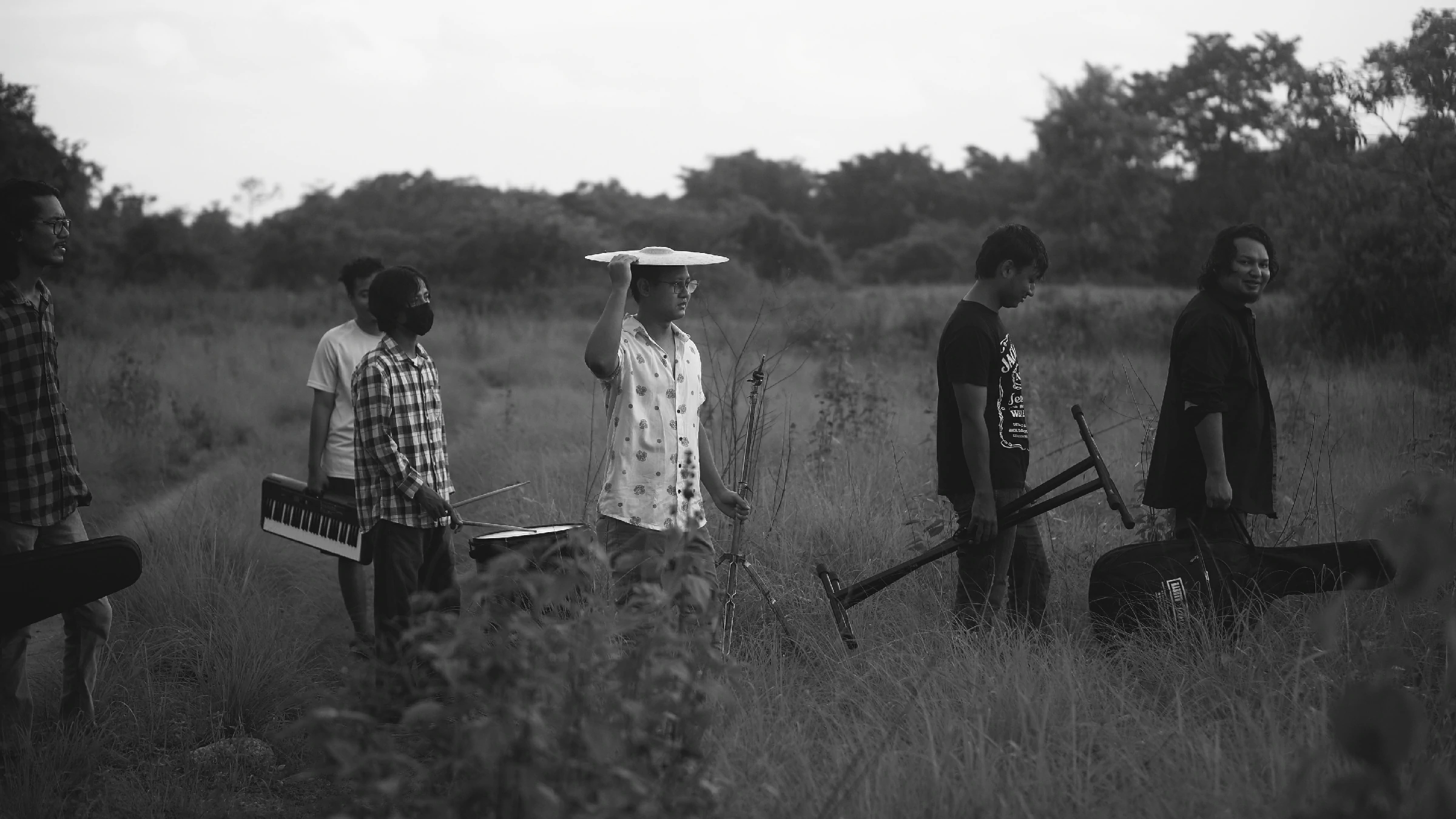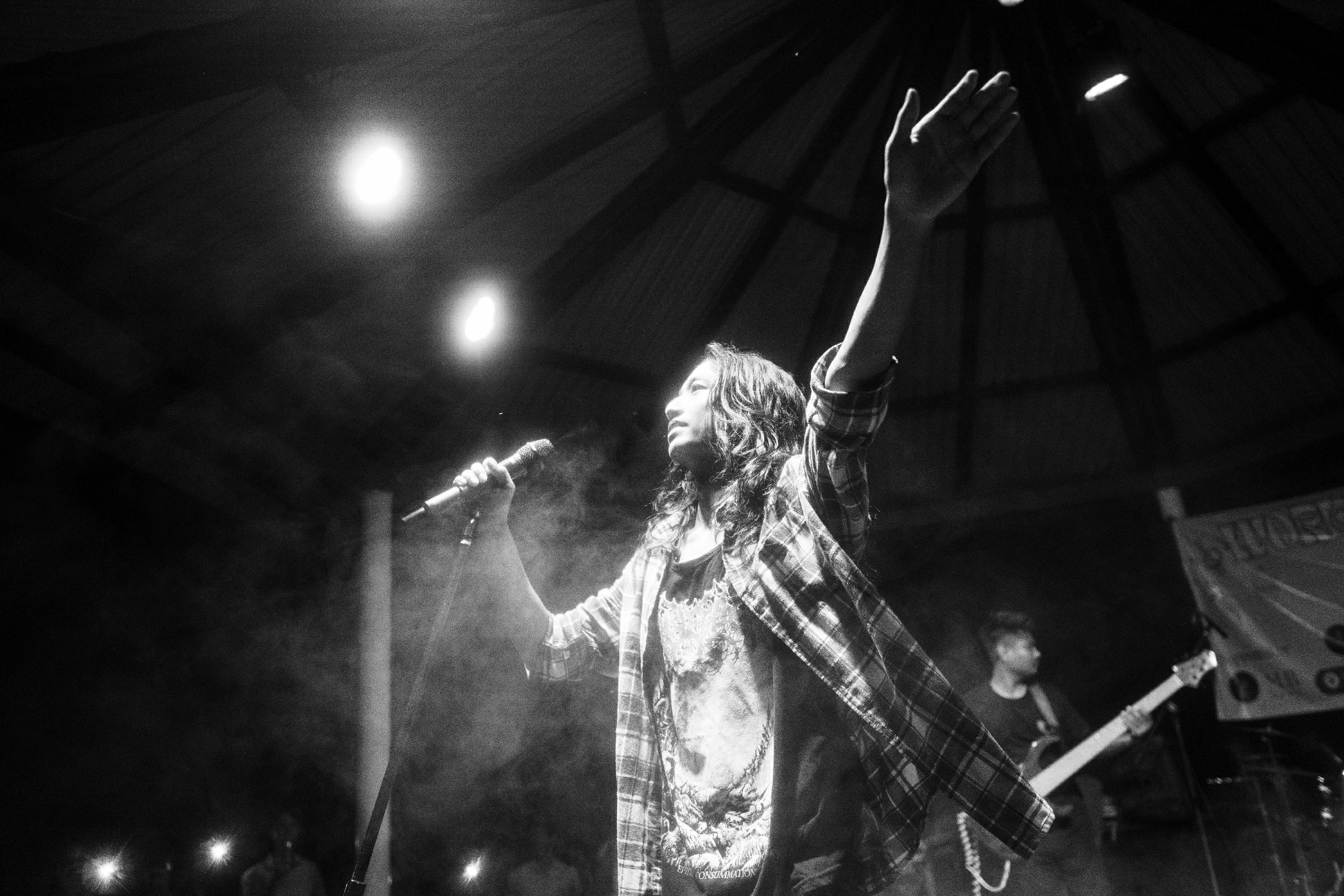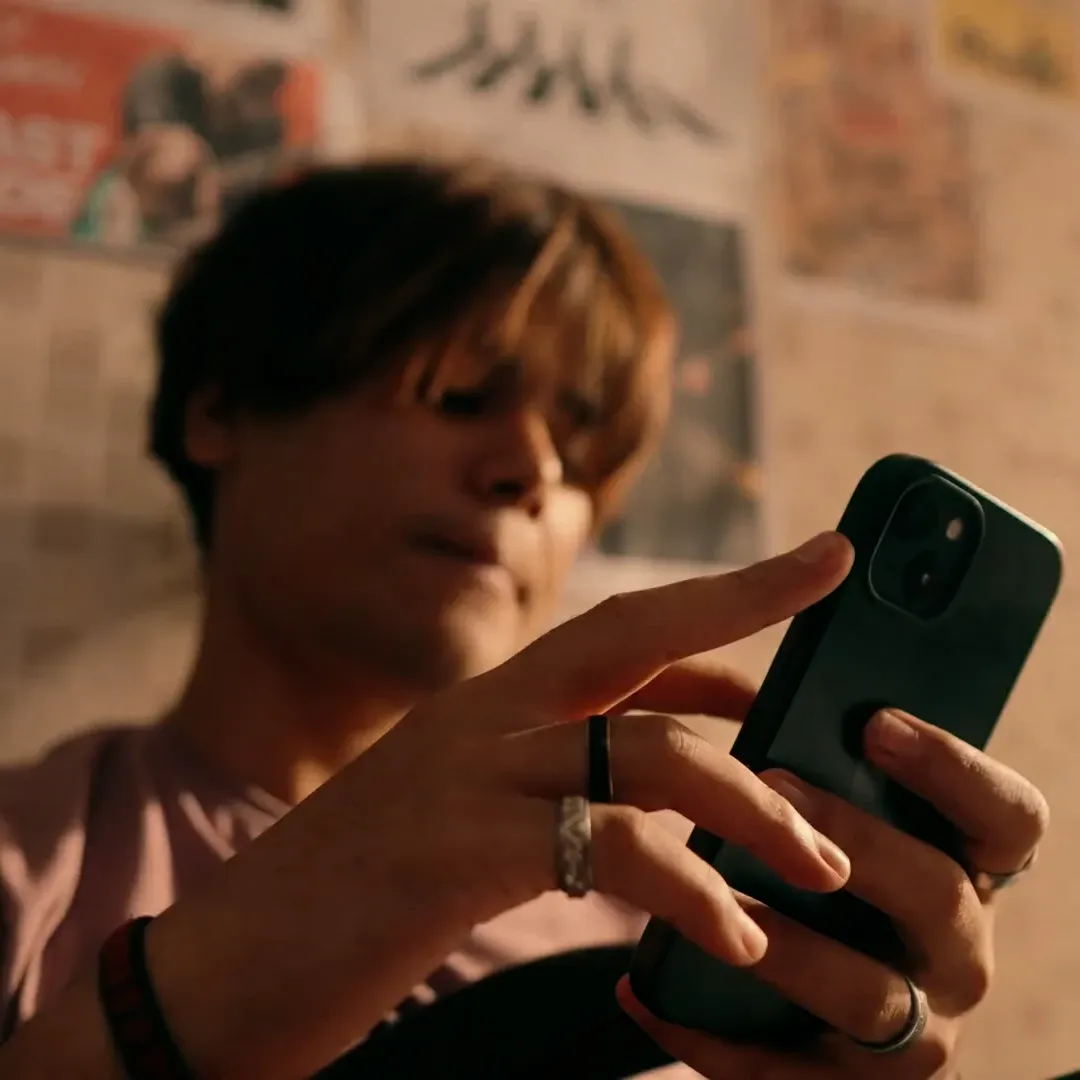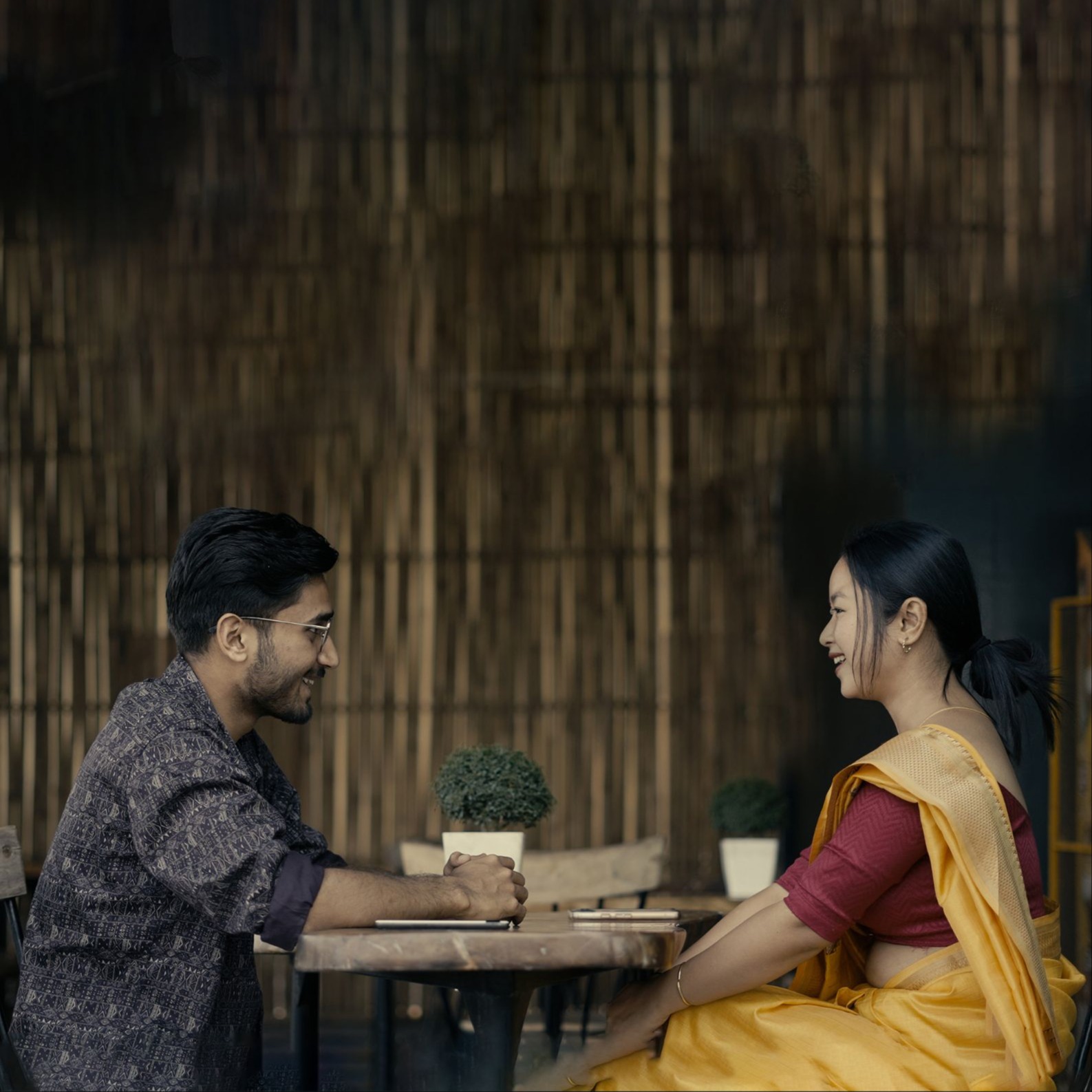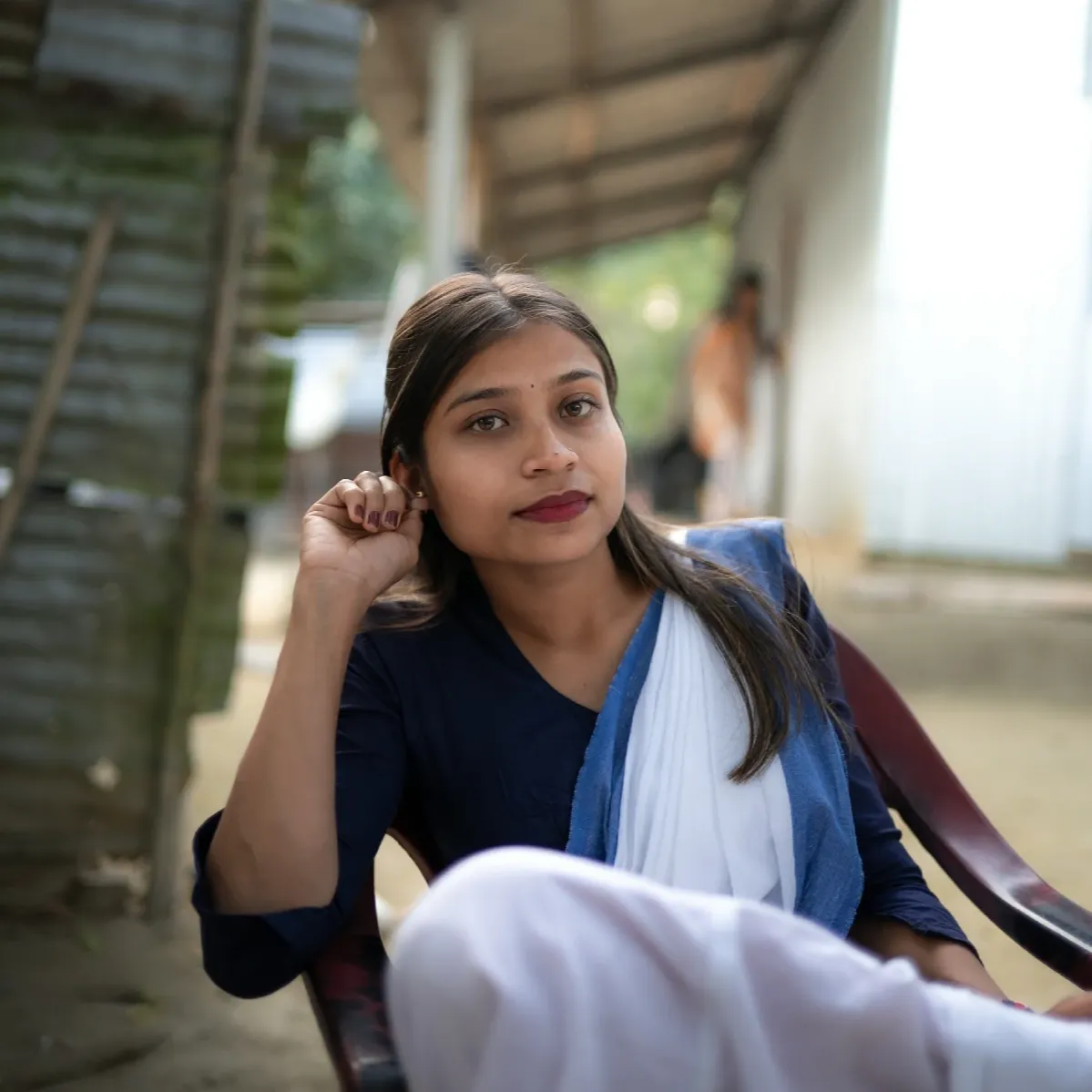Okha
calendar_monthFebruary 8, 2025
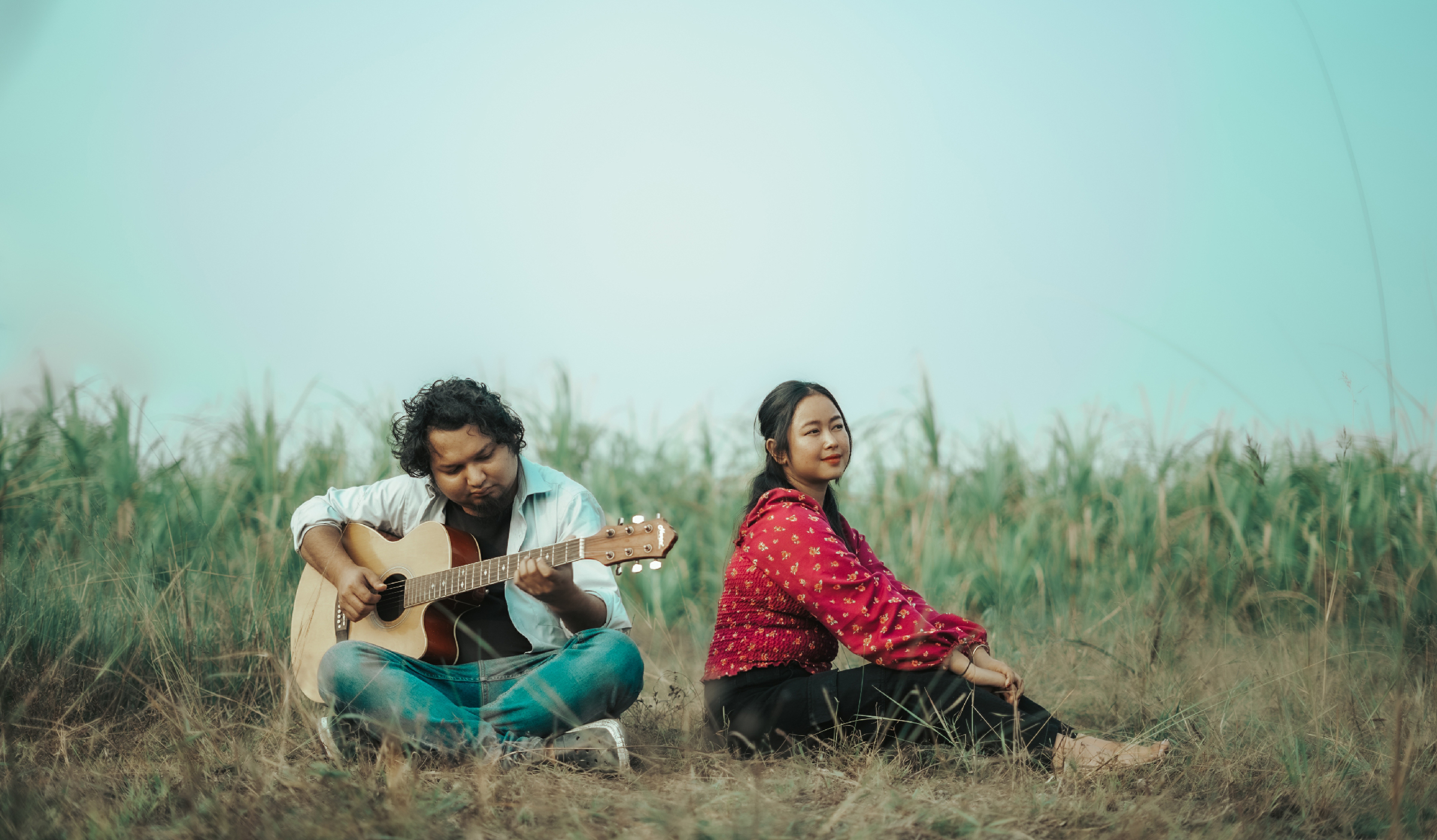
ABOUT THIS ARTICLE
In the ever-evolving soundscape of independent regional music, Orai Basumatary has emerged as a defining voice of Bodo contemporary music. Known for his deeply personal lyrics, emotive vocals, and multi-layered production, Orai's 2024 release “OKHA” resonated with many for its raw depiction of inner turmoil and emotional exhaustion. But what truly gave the song a second life and perhaps, its Soft Rock version that followed months later.
A Softer Sound, A Deeper Impact
Originally written on February 8, 2024, OKHA began as an Alternative Rock anthem. But as time passed, Orai felt the song had more to say something more intimate, more vulnerable. This led to the birth of the Soft Rock rendition, a version that strips down the aggression and amplifies the emotional weight of the lyrics.
"If the original version was a scream into the void, the soft rock version is a whispered confession."
This version of OKHA brings together a talented group of musicians and storytellers. The vocals, still haunting and honest, are performed by Orai himself. But this time, they are wrapped in lush violin arrangements by Ricky Basumatari, heartfelt piano keys by Mukut Brahma, and gentle yet expressive drums by Demfoe Khakhlary each instrument thoughtfully layered to build a soundscape that breathes and aches with the story.
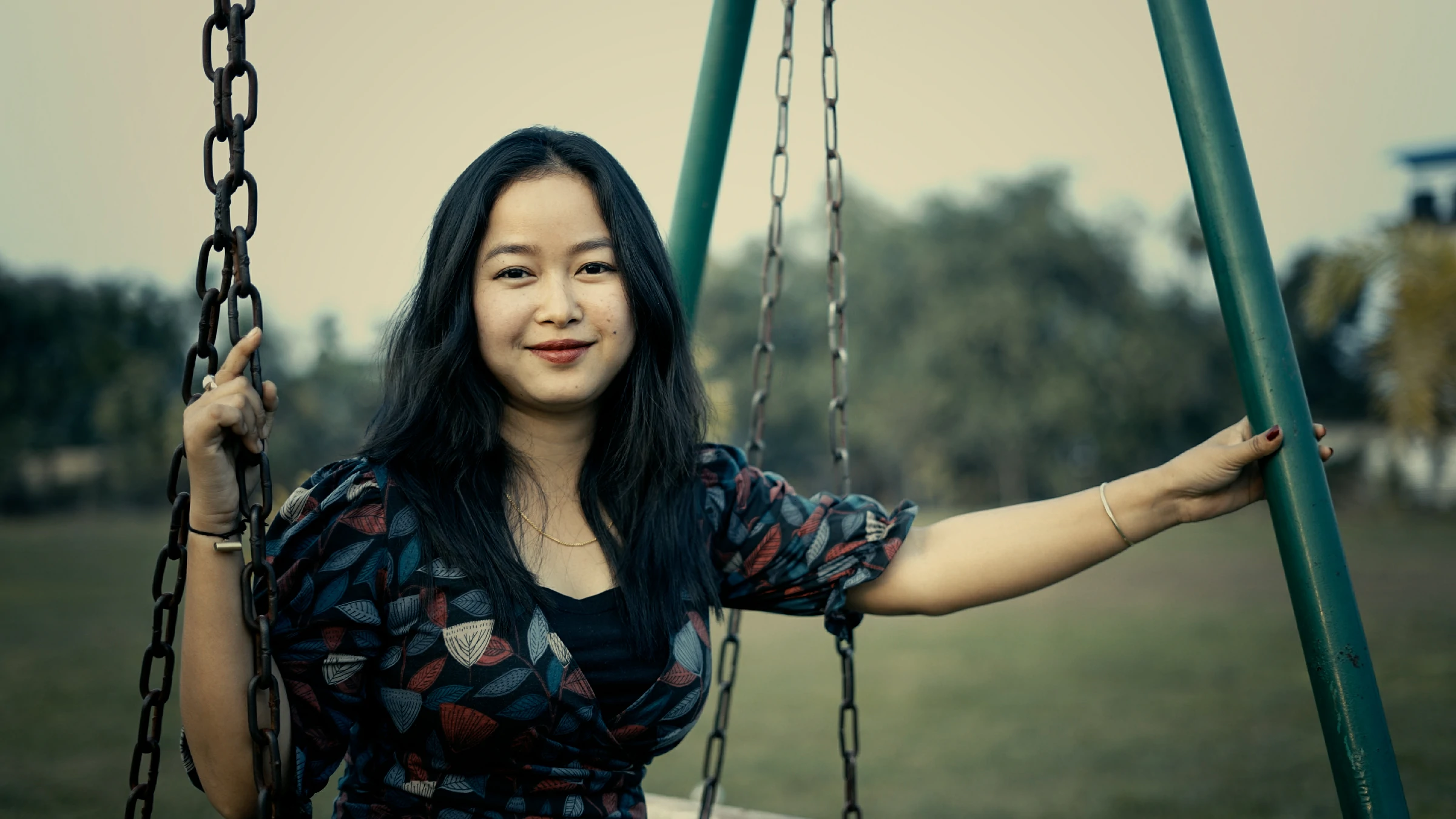
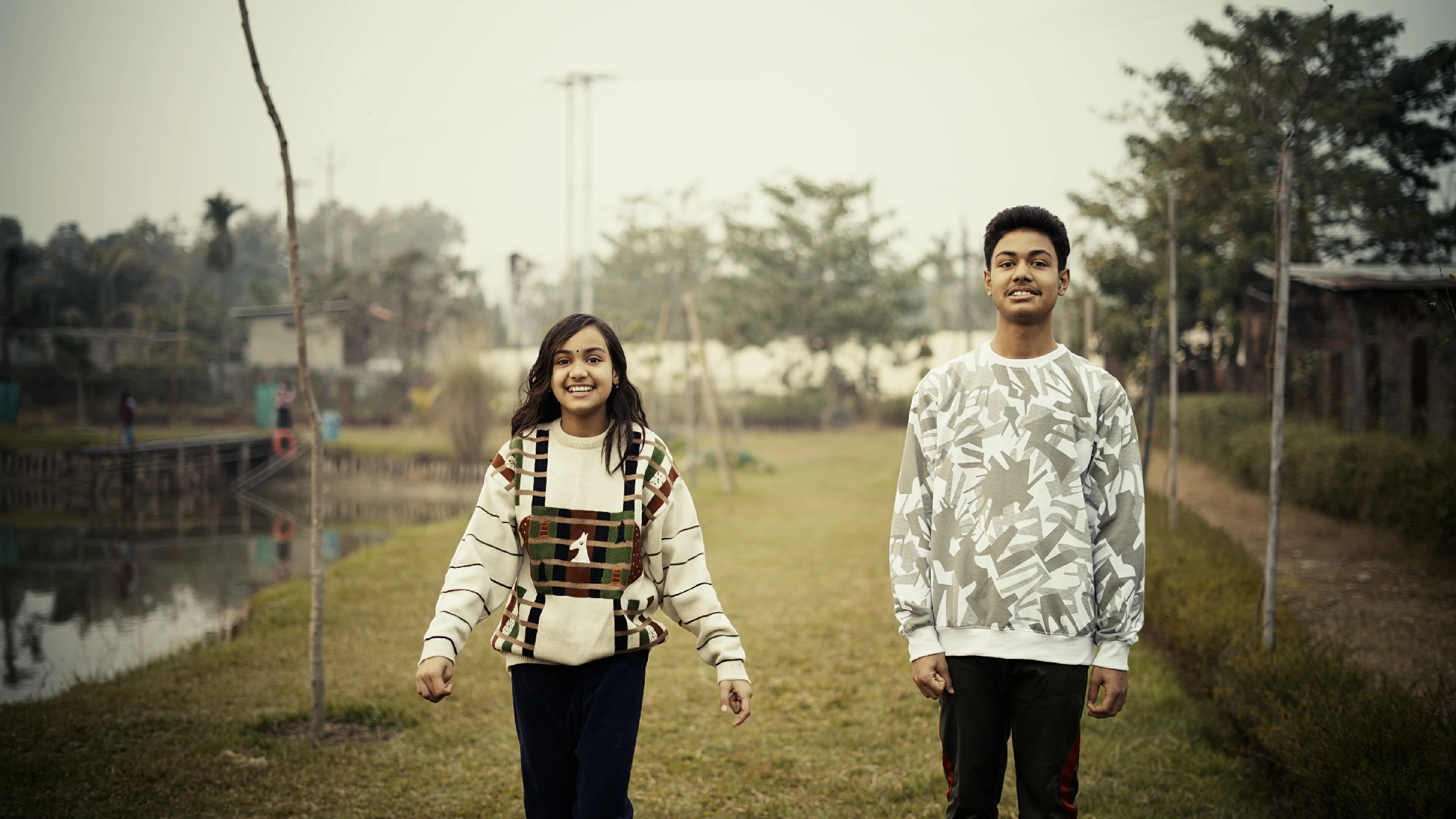
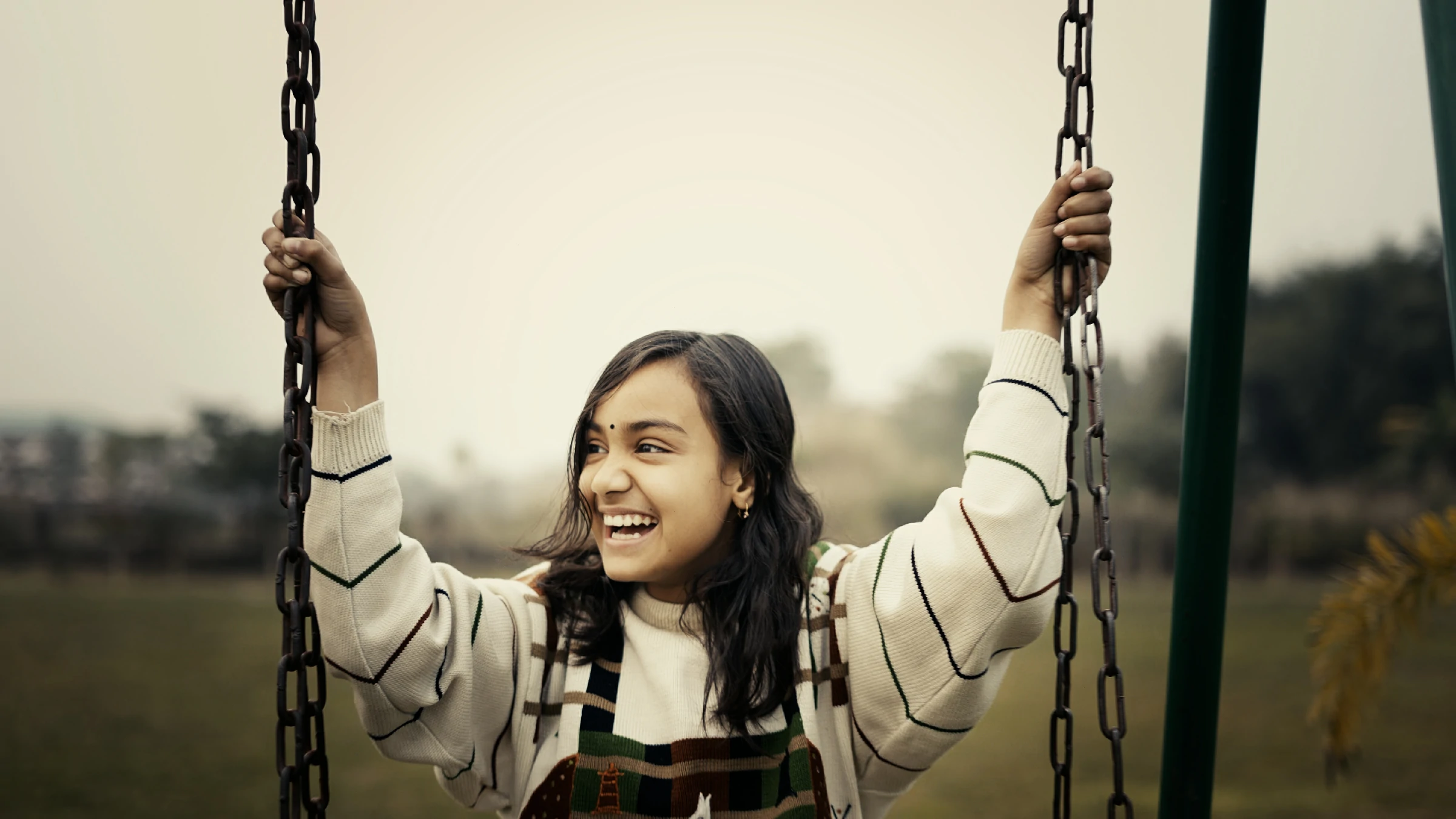
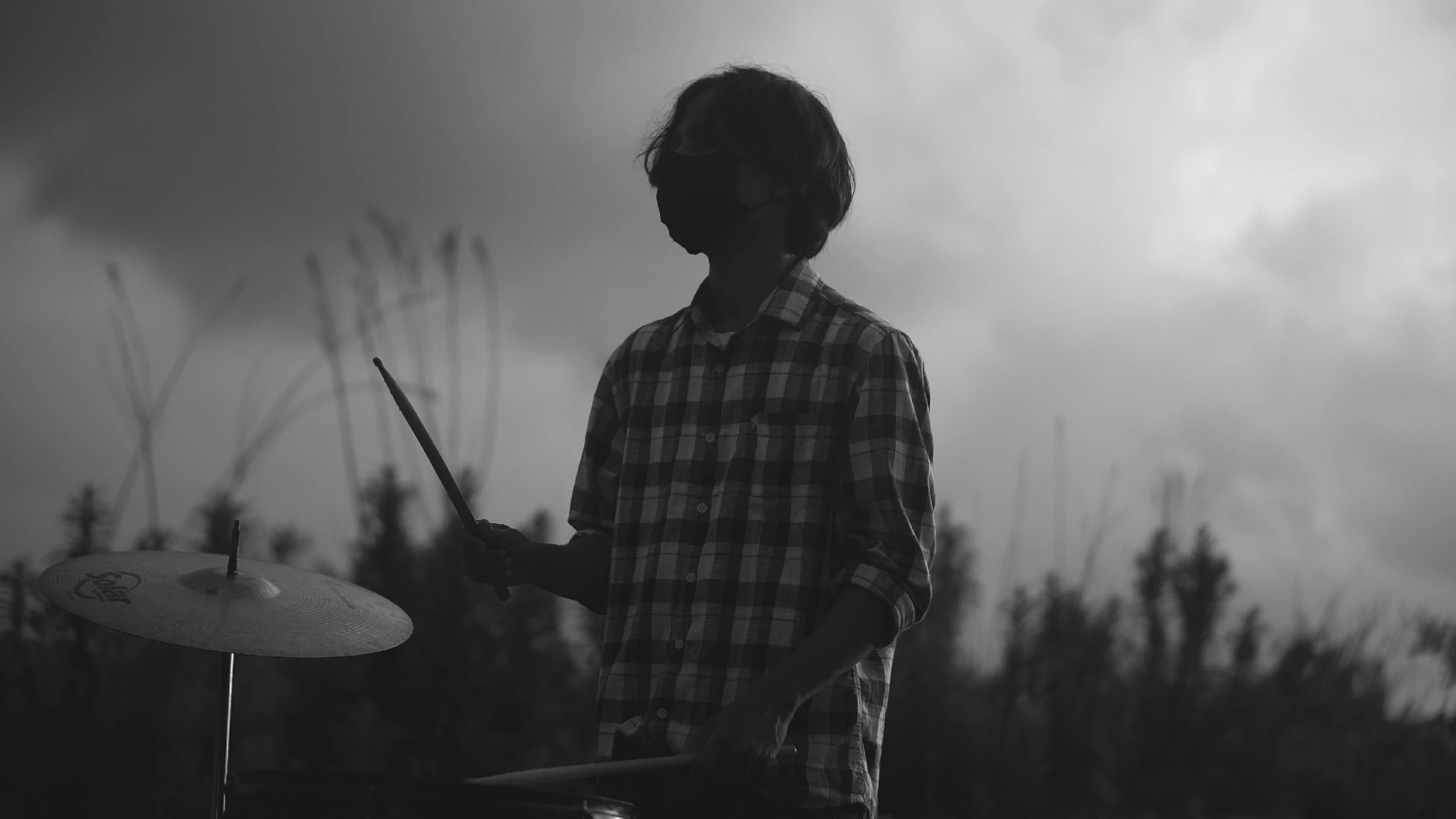
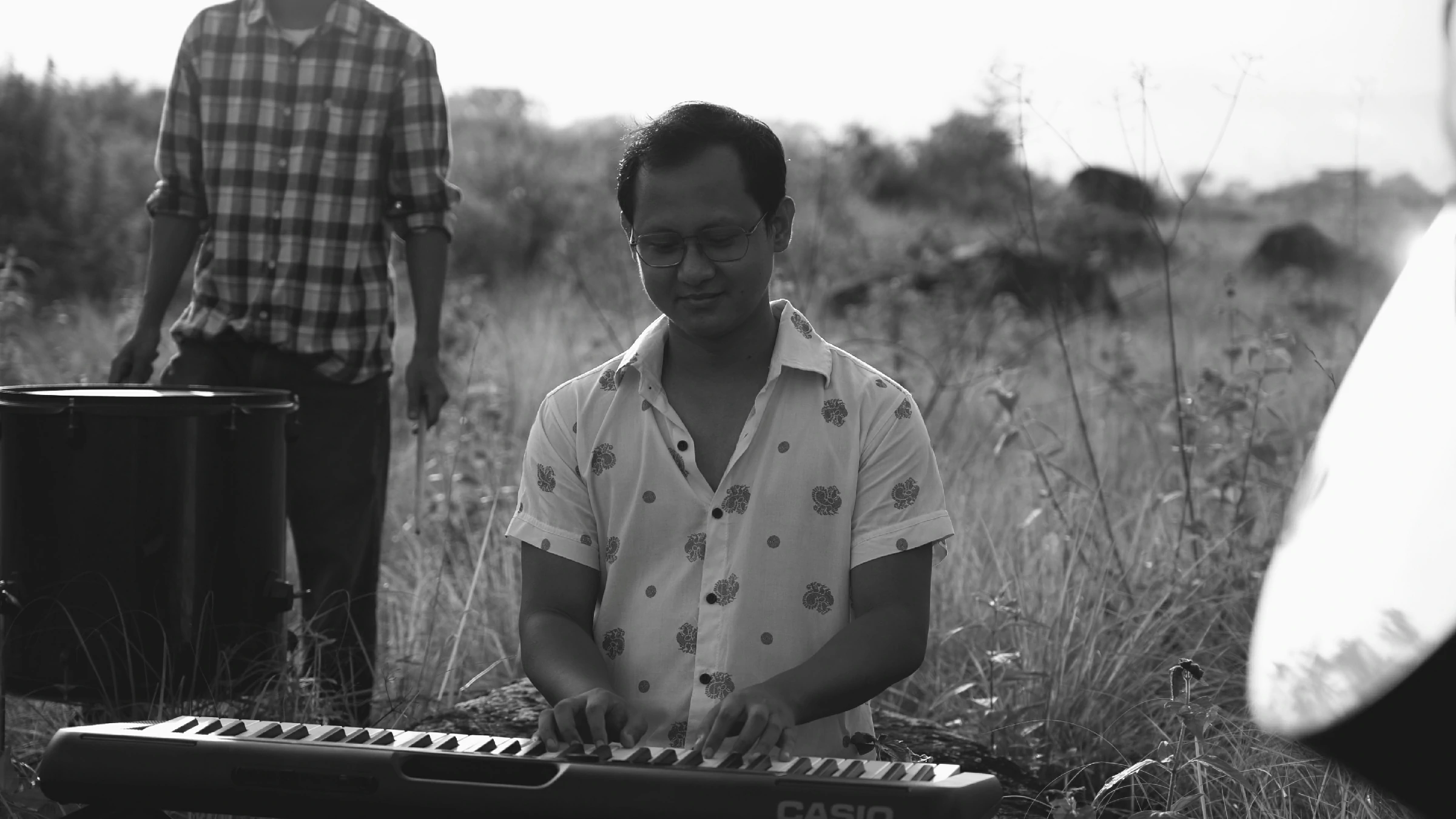
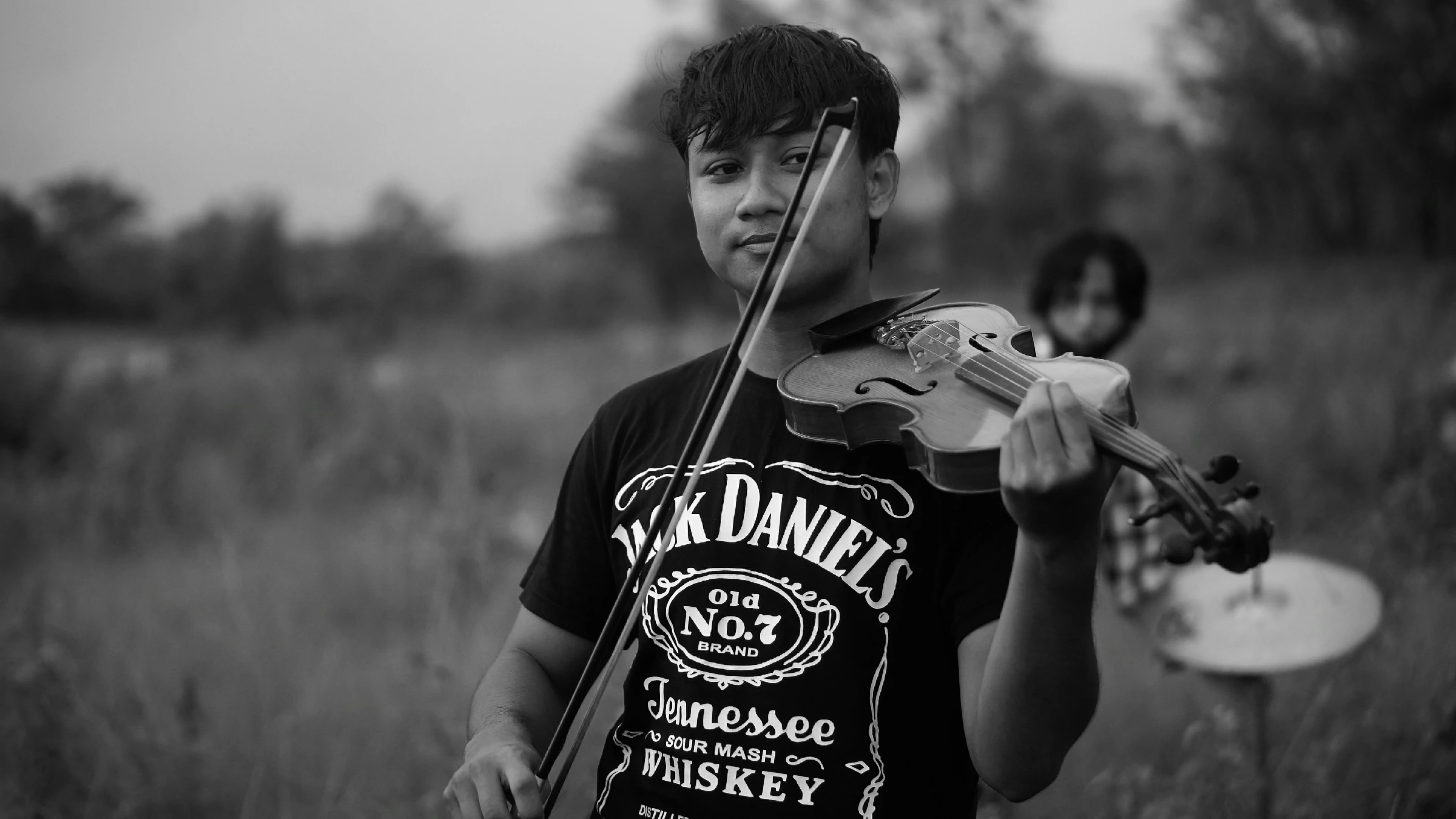
Pre-production
The soft rock version is an experience. To bring this vision to life, Orai collaborated with Chintu Nick, a long-time friend and creative partner, for the music video’s direction and cinematography. The video blends performance shots with a parallel backstory, amplifying the emotional resonance of the song.
The female lead, portrayed by Niramoni Mahalia, embodies the silent battles that mirror the song’s theme of internal chaos. Accompanying her are child actors Kriti Das and Tejaswi Das, whose presence adds layers of innocence and nostalgia to the narrative.
Assistant Directors Nilam Jyoti Das and HiroNYa ensured smooth execution across both the storytelling and musical performances, with a dedicated support team managing logistics, casting, and production flow.
While the original lyrics are in Bodo, the soul of OKHA transcends language. Banrdent Basumatary translated the lyrics into English for subtitles, allowing non-Bodo listeners to grasp the song's depth.
Post-production
The post-production, managed entirely by Chintu Nick, showcases a high standard of indie filmmaking. Edited and subtitled in Adobe Premiere Pro CC and graded in DaVinci Resolve, the final product feels cinematic, yet grounded.
The thumbnail, designed by Mukut Brahma, completes the presentation which is aligned with the song’s mood.
A Community Effort
What sets this project apart is the sheer amount of heart poured into it. From Abinash Mochahari helping with transport, to Sanjoy Boro assisting as camera attendant, and Issac Daimari managing props and instruments, it was a true collaborative effort. Even the casting was a shared responsibility, with friends like Rishab Bayan, Jitul Das, and Nilam Jyoti Das helping ensure everything came together perfectly.
The soft rock version of OKHA is a reflection of artistic growth, and the power of collaboration. It's Orai Basumatary at his most vulnerable and most visionary.
Whether you understand Bodo or not, this version of OKHA invites you to sit with your feelings, to face the storm inside, and maybe, to heal a little.
Watch the Music Video here
